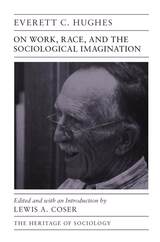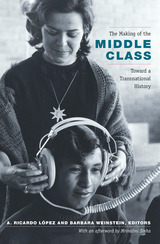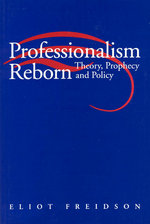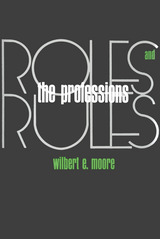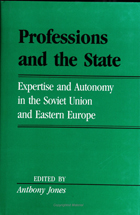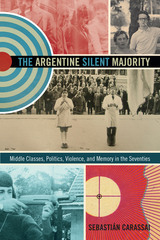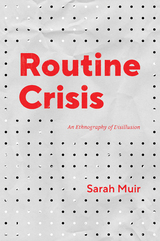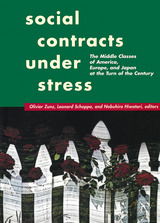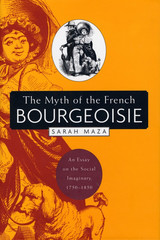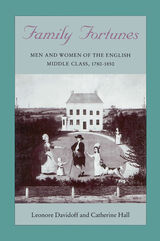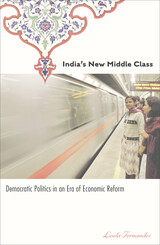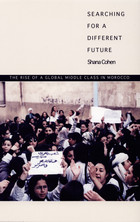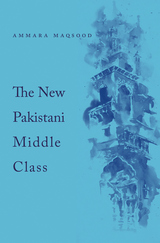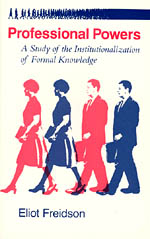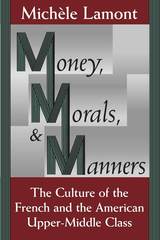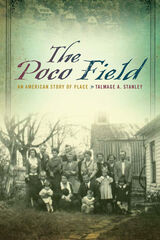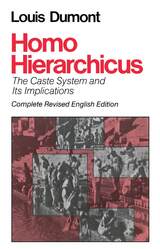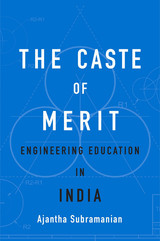Cloth: 978-0-674-30937-1
Library of Congress Classification HT690.F8G365 1996
Dewey Decimal Classification 305.550944361
Despite their importance during the French Revolution, the Paris middle classes are little known. This book focuses on the family organization and the political role of the Paris commercial middle classes, using as a case study the Faubourg St. Marcel and particularly the parish of St. Médard.
David Garrioch argues that in the late seventeenth and early eighteenth centuries the commercial middle classes were steadfastly local in their family ties and outlook. He shows, too, that they took independent political action in defense of their local position. This gradually changed during the eighteenth century, and the Revolution greatly accelerated the process of integration, at the same time broadening the composition of what may now be termed the Parisian bourgeoisie.
Central to Garrioch's argument is the idea that family, politics, and power are intimately connected. He shows the centrality of kinship to local politics in the first half of the eighteenth century, and the way new family structures were related to changes in the nature of politics even before the Revolution. Among the many important issues considered are birth control, the role of women, the importance of lineage, the spatial limits of middle-class lives, and the language and secularization of politics.
See other books on: 18th Century | Formation | Garrioch, David | Middle class | Paris
See other titles from Harvard University Press

